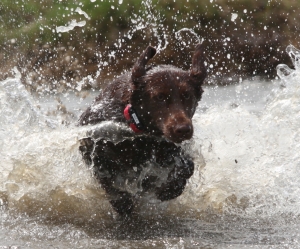If you use a third party provider, they own the right to your information. I use Gmail and never thought about them owning my emails and having the right to decide what happens to them. People should actually read the agreements that they sign up for because they may be signing away their rights to thing that they didn’t know. Sometimes I don’t read them because of how easy they make my life but I know the importance of knowing what I agree to.
HOW TO SORT GOOD INFORMATION FROM BAD ON TWITTER
Social media is only as good as the people that are posting things. If you want to get the correct information from social media, you have to follow people that are credible in that field. People post lies on purpose sometimes to just see what kind of reaction they can get.
Social media sites are logging information about the users without any input. The sites know where you are when you post and know what you look at most often to put the ads they think you will look into. Just because you delete something from social media doesn’t mean that it is gone. Any server that was used to send out a post collects the data sent. People need to realize that once information is out for everyone to see, there is no getting it back. Just because you cannot see it on your profile or computer does not mean it is still not out there.
THAT LITTLE THING CALLED “LIKE”
Users like things to show people how they want to be viewed. They don’t like things that they want to keep a secret. Social media users need to be careful about liking things because once they like something, companies can see it and will start to send ads.
I believe FACEBOOK V. EUROPE & OUR PRIVACY DELUSIONS are related in the idea they warn us about the privacy issue that we may not see. They both talk about how we give away information to companies to view without knowing. Users must realize that the information they share is no longer theirs once it is sent out. The third party has the right to use the information and companies can gain the information to help them make money.
